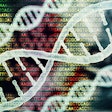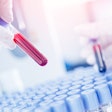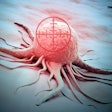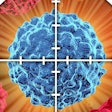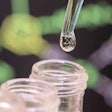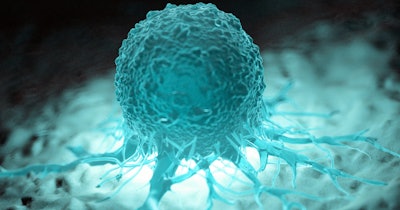
Researchers at Oxford University have developed a promising liquid biopsy test that uses machine learning to detect six forms of cancer in their earliest stages.
The team published their findings in Nature Communications on their TriOx test, which uses a whole-genome DNA analysis technique called TET-assisted pyridine borane sequencing (TAPS) in combination with machine learning to analyze and combine key features of circulating tumor DNA to detect early signs of cancer.
The Oxford team evaluated TriOx using blood samples from patients with and without cancer who had been referred by their physician with symptoms suspicious of cancer, as well as from asymptomatic individuals without cancer. The six cancer types in the evaluation were colorectal, esophageal, ovarian, renal, pancreatic, and breast.
The results showed that the TriOx test could detect cancers, including early-stage cancers, and distinguish between samples from people with cancer and samples from those without cancer with 94.9% sensitivity and 88.8% specificity.
While the authors noted that larger studies are needed in the future to confirm the results and clinical utility of the TriOx test, they wrote that the results of their study “pave the way to a future larger scale validation in people with high-risk features,” such as age, reluctance to participate in existing cancer screening procedures, nonspecific symptoms, or genetic cancer predisposition. The researchers plan to take the next step of prospective studies in unselected consecutive cases to confirm the test’s diagnostic performance.











